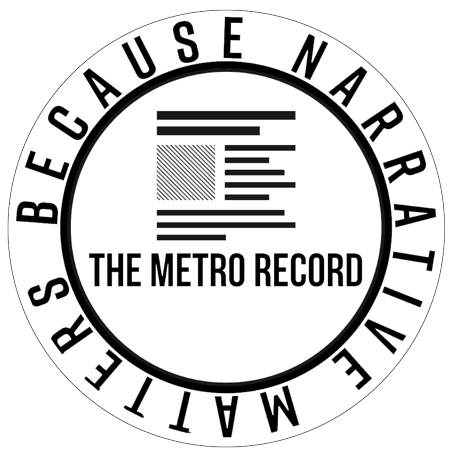Springfield,MA- City of Springfield ARPA grant process falls short of bringing relief from negative impacts of the COVID-19 pandemic to households; especially senior citizens. ARPA was signed into law in March of 2021. Mayor Sarno said he created the department of Recovery and Business Continuity in August of 2021. In October of 2021 the City announced it was accepting applications for funding. Yet, eight months later no announcement or knowledge of household assistance applications being approved have surfaced. In accordance with the federal guidelines household assistance was part of the four categories that the funds could be used for.
Candidate and Community Activist, Jynai McDonald, has been taken back by what she is hearing from residents while out canvassing, “I’ve had a lot of conversations with senior citizens. Many of them are still not aware of the opportunity and they think it’s only for businesses. Those that have applied have been waiting for months. Some residents are reporting never even being told that their application was received. This discourages people from participating in the process and delays the dire help that families and seniors have been waiting on since it was signed into law last March.”
The City created two separate applications, one for household assistance and one for seniors. Some of the proposed areas to apply for the use of ARPA funds to recover from the negative health or economic impact of COVID-19 are: mental health assistance, utility payments, access to child care, mortgage/rental assistance, funeral/burial assistance, and other areas. McDonald said, “By the time the City disperses the money to the households seeking assistance people will be homeless, lights cut off, jobless because of lack of access to child care, or in a continued mental crisis. We’re also talking about senior citizens who are living on a fixed income and could use the additional grant support. We will be coming up on a year under this process and our seniors and other residents haven’t received a dime! ”
According to the National League of Cities the U.S. Department of the Treasury divided ARPA allocations into two different categories depending on the size of the city, town, or village receiving funds: metropolitan cities and non-entitlement units of local government. Metropolitan cities are local governments with populations greater than 50,000 residents as defined by the US Treasury. “Make no mistake about it. Springfield received the $123 million in comparison to other towns because we have over 150,000 residents; that caused more room for us to be overwhelmingly impacted by COVID in a negative way. Now these same residents are being delayed and denied access to money that is there for them!”





